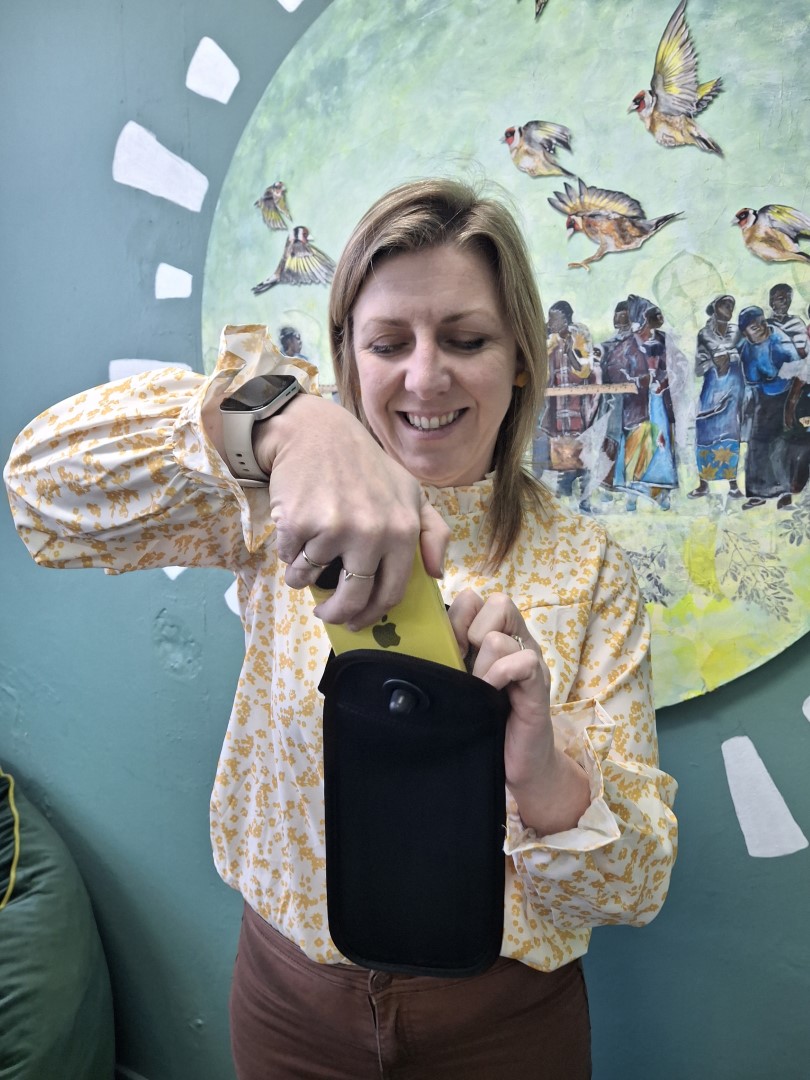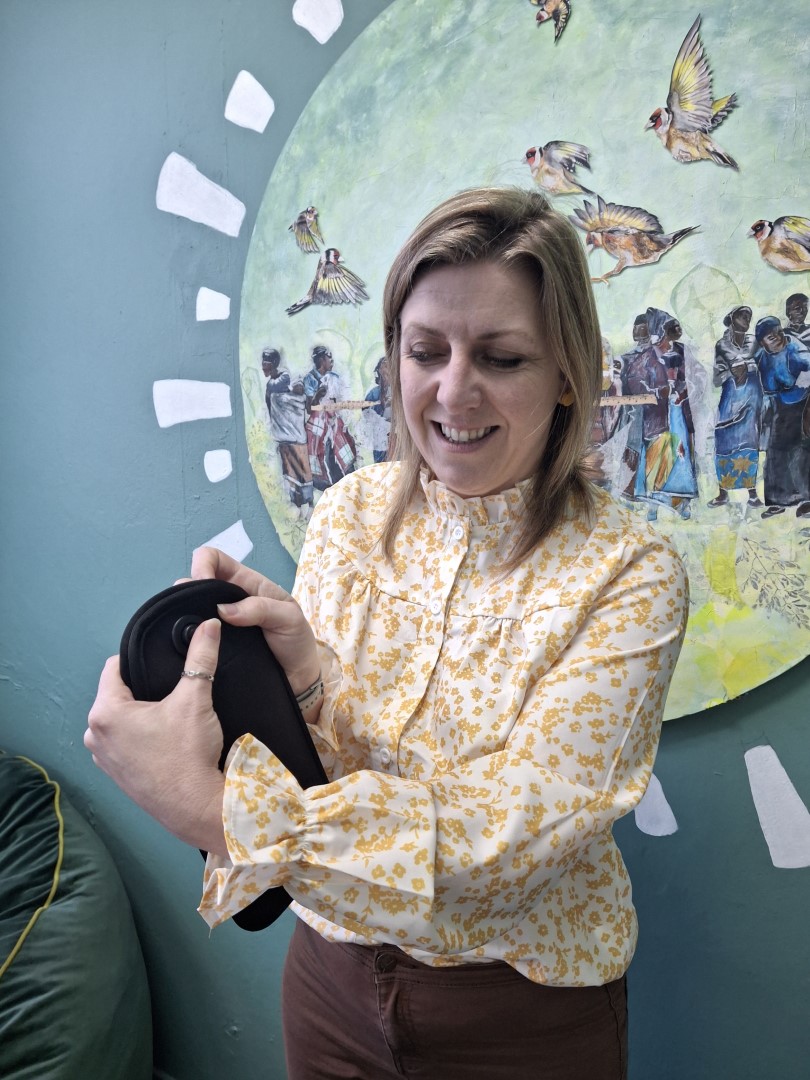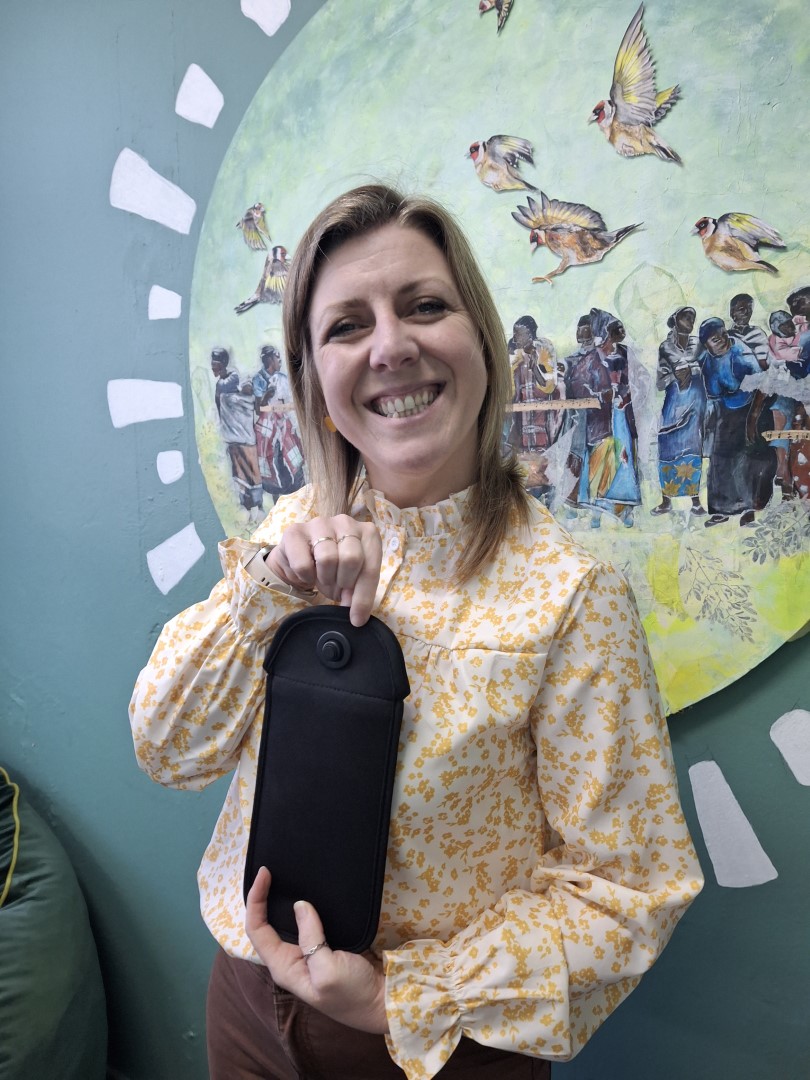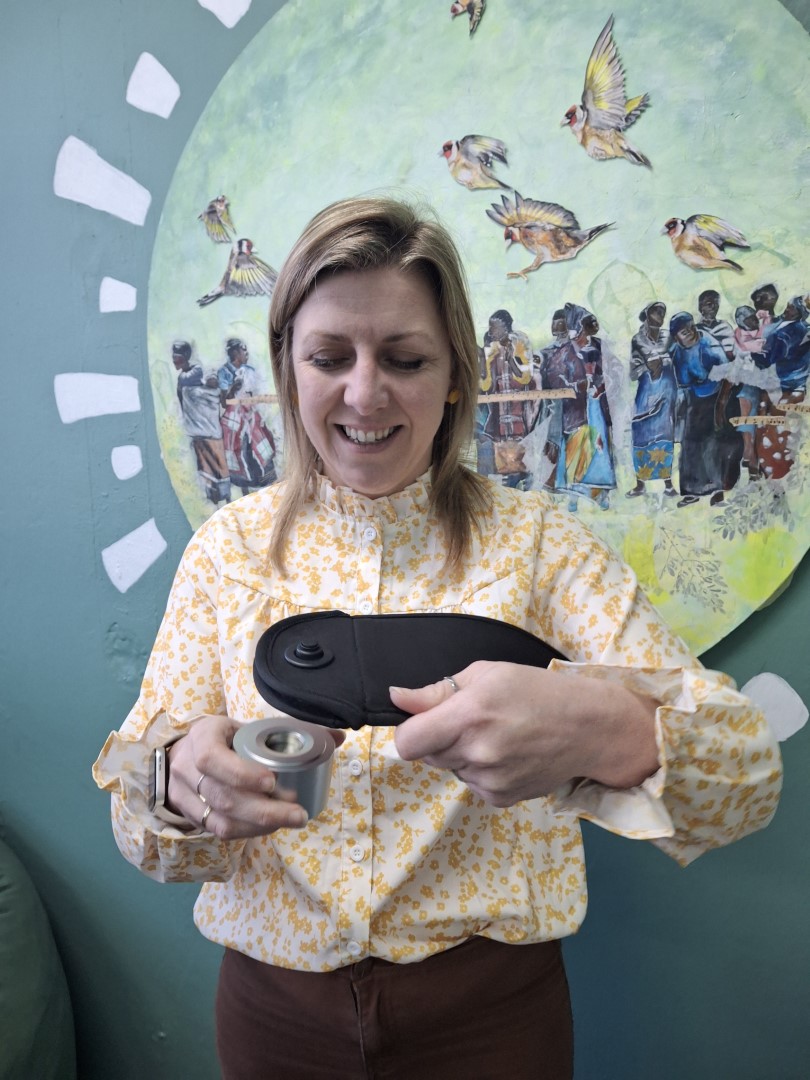GARDDEN ROUTE NEWS - In New Zealand, 72% of adults support banning social media for children under 14, citing mental health concerns.
Around the world, schools are increasingly restricting phone use during class time, and Southern Cape schools are now joining the global movement.
Across the region, several schools have successfully implemented cellphone management policies. Among them are Hoërskool Outeniqua, Oakdale Landbouskool in Riversdale and Langenhoven Gymnasium in Oudtshoorn.
More recently, Point High in Mossel Bay declared itself officially cellphone-free from 3 September, while York High will follow suit from January 2026. Knysna High is also reviewing its policy, with plans to prohibit phones on school grounds unless they are locked in secure pouches.
Put it in a pouch
York High’s decision was made public after a widely publicised incident at the end of August in which a learner’s racial slur was recorded and shared on social media. At the time of the incident, the school had already been investigating a cellphone-free policy for eight months, and has purchased a bulk load of signal-blocking pouches that will come into use next year.
Deputy head Lyndsey van Rensburg says the move aligns York High with international trends. “If you look around the world, this is a big narrative right now,” she explains. “For us, it started in January when we saw Scotland doing it. Our learners themselves brought the idea to the RCL [representative council of learners], and from there they began drafting a cellphone-free policy.”
 Deputy head of York High Lindsey van Rensburg puts her phone in a signal-blocking pouch. Photos: Michelle Pienaar
Deputy head of York High Lindsey van Rensburg puts her phone in a signal-blocking pouch. Photos: Michelle Pienaar
The original proposal was to begin with grades eight and nine, since they initiated the request. But the idea quickly gained traction across the school community. Van Rensburg notes that Scotland and Woodridge College in Gqeberha have seen success using signal-blocking pouches.
“There’s a massive global shift happening,” she says. “We’ve had policies before, but there are too many grey areas and they get abused. Parents want instant communication, but as adults, we need to make decisions that protect children, because they’re not always making the wise ones.”
She warns that cellphones are far from harmless. “South African digital lawyer Emma Sadlier constantly highlights legal battles and extortion cases involving learners. Many don’t understand the legal implications of sharing images. There have even been cases of AI chatbots encouraging suicide among teens. It’s frightening.”
 Press the button and close it up.
Press the button and close it up.
Van Rensburg adds that constant screen time isolates children rather than connecting them. “They become lonely and start forming attachments to AI or online personas. We need to give them back their childhood - to be present, mindful and engaged with real people.”
 Safe for the rest of the school day, without constant messages.
Safe for the rest of the school day, without constant messages.
From January, all York learners will lock their phones in pouches during morning registration, to be unlocked only after the final bell. This will still allow time for parents to make afternoon arrangements.
 When the last bell rings, register teachers will open the pouches with an opener designed for this function.
When the last bell rings, register teachers will open the pouches with an opener designed for this function.
Times have changed
At Knysna High School, principal Mark Mosdell says the institution’s cellphone policy evolved during Covid-19, when online platforms became a lifeline for learning.
But times have changed. “We tried to teach learners how to use phones productively, but educators can’t compete with a multi-billion-dollar industry built to drive engagement over learning,” he explains.
Over the past 20 months, the school has seen increasing evidence that social media is harming rather than helping learners.
“Almost every disciplinary case has an element of cellphone use - cyberbullying, miscommunication, inappropriate photos or videos,” Mosdell says. “We’ve also seen more cheating and a worrying trend of learners using AI to complete assignments.”
Because of this, the school is looking to amend its policy to not allow cellphones at school unless they are locked in a pouch. “In the event that a cellphone is not properly secured and is seen at school, it will be confiscated and only returned to the parents,” he confirms. “Research is overwhelmingly in favour of removing cellphones from classrooms because they negatively affect learning outcomes.”
Joining the discussion
Eden Technical High School principal Kobus Koekemoer says stricter cellphone rules will be discussed at the school’s next governing body meeting in the fourth term.
At Oakdale Agricultural High School, the policy is already firmly in place. Principal Willem du Buisson says learners caught with phones during school hours receive 10 demerit points and a Friday detention.
“No learner may keep a phone unless it’s needed for a specific lesson,” he says. “Otherwise, it’s handed in for safekeeping at the start of the day. It’s been very beneficial. Learners are more focused, and disciplinary issues have decreased.”
Oakdale has also seen a sharp decline in cyberbullying. “It teaches boys to use cellphones responsibly,” Du Buisson adds.
Proven success
Point High School principal Adolf Gouws says their first month of being cellphone-free has been a resounding success.
Learners hand in phones during registration, which are stored securely until day’s end. “It involves a bit of administration, but it works. Maybe next we’ll get the teachers to hand in their phones too, in my office,” he said jokingly.
Hoërskool Outeniqua implemented its lock-box system almost two years ago.
Principal Christo Vorster says it has transformed learner behaviour. “Since introducing the policy, learners socialise much better during breaks,” he says. “People in general spend too much time on screens. I’d support a national policy like Australia’s, banning social media for under-16s.”
Balance and responsibility
While many schools are tightening their rules, the Western Cape Education Department (WCED) supports a balanced approach.
“We promote technology in schools to prepare learners for an AI-driven future, but emphasise responsible management,” says WCED spokesperson Bronagh Hammond. “Mobile devices can support learning, but misuse must be prevented through clear policies and cyber wellness education.”
According to Hammond, most cyberbullying cases occur outside school hours, though some incidents - like recorded fights - have occurred on school grounds. “Schools must involve all stakeholders in setting their policies,” she says, “and continue promoting digital safety and wellness.”
- Source for New Zealand news: www.rnz.co.nz (“Majority of NZ adults support social media ban for kids - research”).
‘We bring you the latest Garden Route, Hessequa, Karoo news’
















